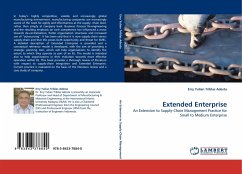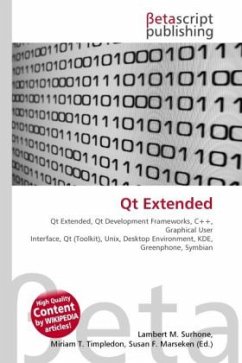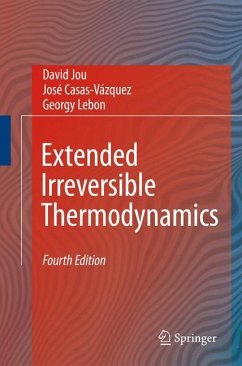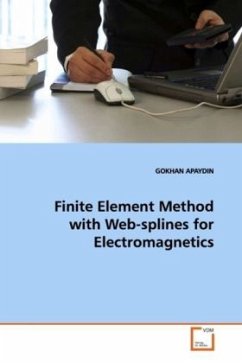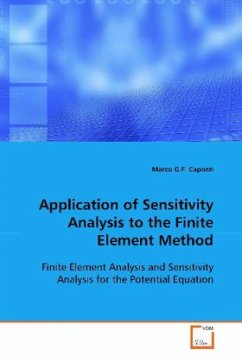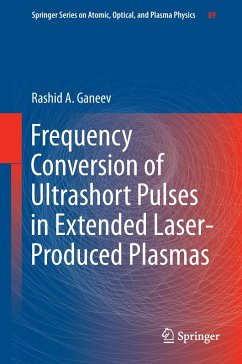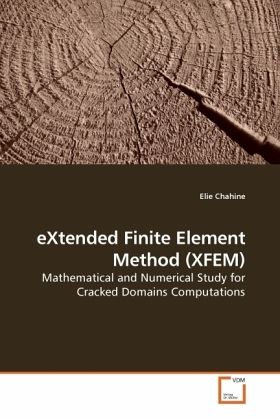
eXtended Finite Element Method (XFEM)
Mathematical and Numerical Study for Cracked Domains Computations
Versandkostenfrei!
Versandfertig in 6-10 Tagen
32,99 €
inkl. MwSt.

PAYBACK Punkte
16 °P sammeln!
When modeling cracked domains, the classical FEM shows many drawbacks. The eXtended Finite Element method (XFEM) was introduced to overcome these difficulties. It allows modeling cracks and crack growth using a mesh independent of the crack path. Meanwhile, the optimal XFEM (with surface enrichment) is rather expensive. Also, the use of XFEM is limited to case where the singularity expansion at the crack tip is known. This work introduces XFEM variants that overcome these limitations and gives the first mathematical results for this type of methods. We introduce in the first part of this book,...
When modeling cracked domains, the classical FEM shows many drawbacks. The eXtended Finite Element method (XFEM) was introduced to overcome these difficulties. It allows modeling cracks and crack growth using a mesh independent of the crack path. Meanwhile, the optimal XFEM (with surface enrichment) is rather expensive. Also, the use of XFEM is limited to case where the singularity expansion at the crack tip is known. This work introduces XFEM variants that overcome these limitations and gives the first mathematical results for this type of methods. We introduce in the first part of this book, two XFEM variants (XFEM with a cutoff function and Integral Matching XFEM) allowing to obtain optimal convergence results for XFEM with a reduced computational cost. The second part presents two other XFEM methods (Spider XFEM and Reduced Basis XFEM) extending the application field of XFEM: they allow the use of XFEM when the singularity at the crack tip is partially or completely unknown, or even complicated. We prove the mathematical optimal convergence for these approaches and we perform numerical experiments validating the theoretical study.




